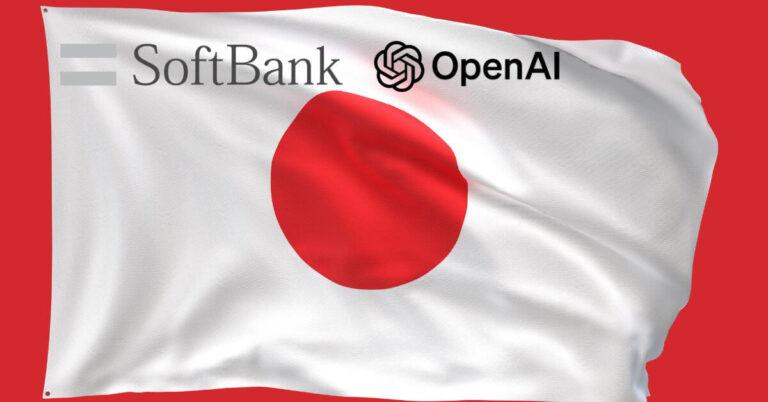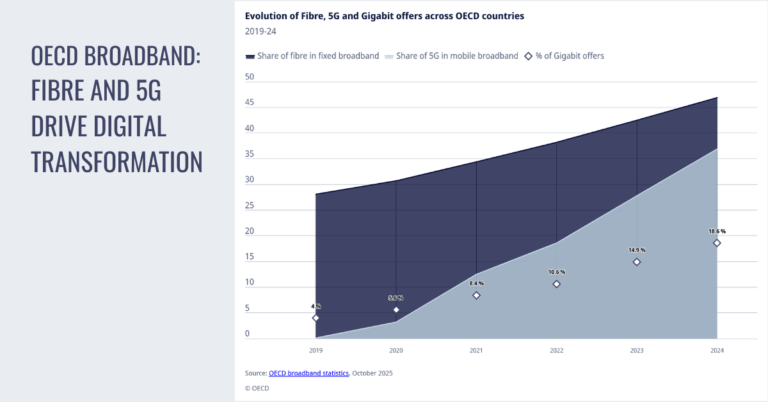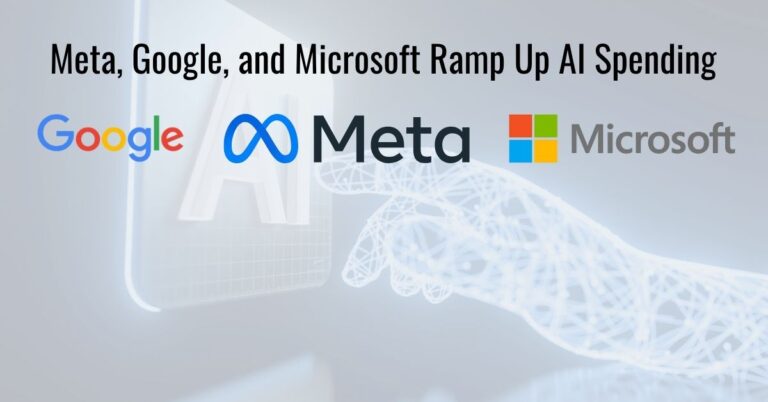Margherita Della Valle, CFO and Interim CEO at Vodafone Group, made a call for action for European operators to pool their energy resources across every market to support larger renewable projects by acting as anchor tenants with energy providers.
“I think collaboration within the telco industry and between telcos and energy providers is essential,” she said in the Monday evening keynote. “Then between telcos and energy providers it’s all about digitisation. I’m very optimistic because the business cases are too good.”
Aside of that collaboration, she stated European operators needed to make bigger investments in 5G to build decentralised smart grids for use cases such as connecting car batteries to wind turbines but noted that would require new levels of investment and a different regulatory environment. The war in Ukraine has increased pressure on mobile operators to be more energy efficient due to the lack of Russian gasoline in the marketplace.
“I’d say the thing I’m most proud of is that our energy consumption has actually remained flat over the last few years, despite the very big increase of traffic,” she said. “We are now carrying ten times the same traffic as in 2017 with the same energy consumption, which means that every gigabyte on our networks is now 90 per cent more efficient. “Now given we are in a crisis, that’s still not enough so what we have done is accelerate all our projects.”
Source: Mobile World Live








































